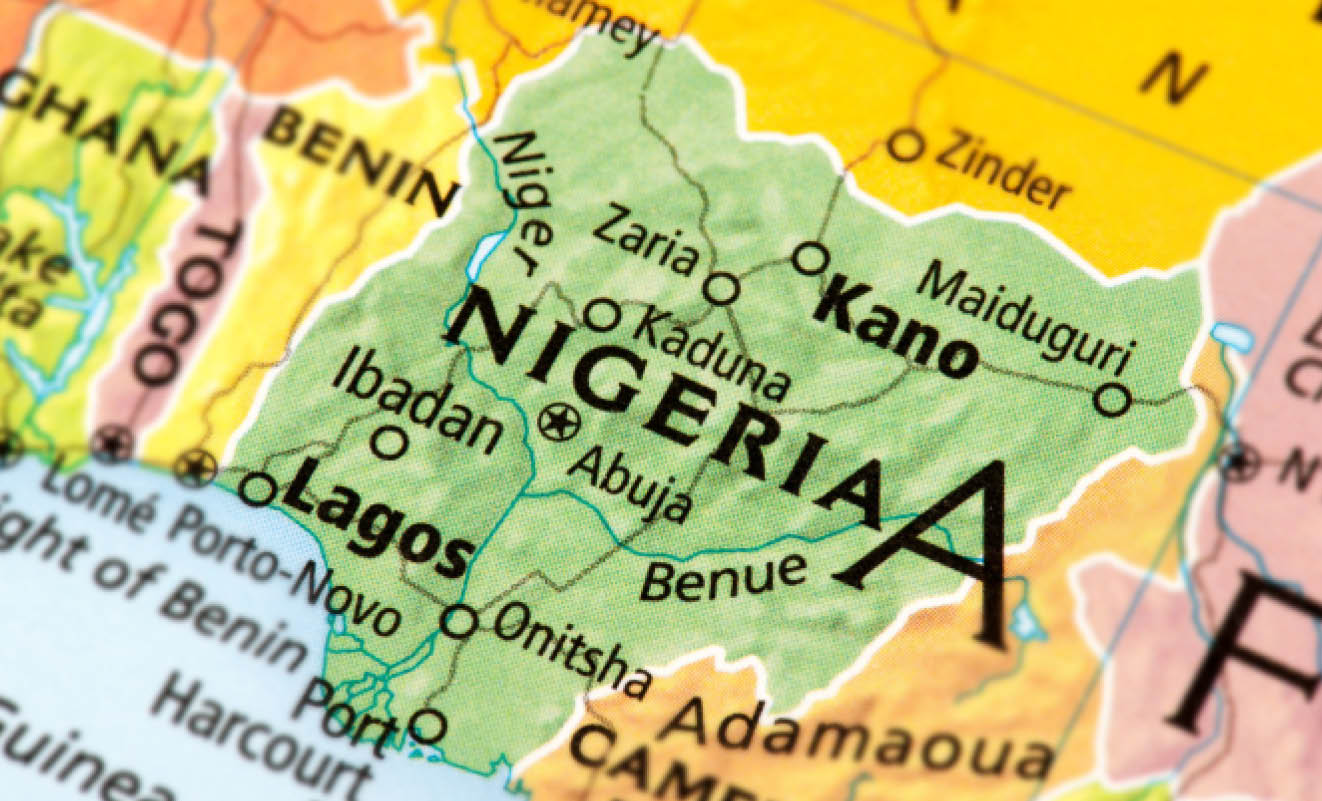A nation on the brink
One of my sisters volunteers for a charity here in Atlanta that distributes food to the poor. Once, they arrived to drop off a box of supplies at the home of a woman who had requested for one because she allegedly needed it, only to find a really expensive, brand new TV in the woman’s […]

One of my sisters volunteers for a charity here in Atlanta that distributes food to the poor. Once, they arrived to drop off a box of supplies at the home of a woman who had requested for one because she allegedly needed it, only to find a really expensive, brand new TV in the woman’s living room. One of the volunteers asked why she spent the money she claimed she didn’t have on such an unnecessary luxury, the woman said she’d always wanted a large screen, and saved up for it. Talk about misplaced priorities. It wasn’t that she couldn’t afford to buy food, it was that having a large-screen TV was more important to her. And while she could always beg for food, she couldn’t beg for the type of TV that those who were coming to help her didn’t even have.
In her home, the humongous TV took up all the space so there was no room for wisdom (and therefore dignity or common sense) to settle. I think of that woman often, and how she reminds me of Nigeria, the Giant of Africa.
Just a few days ago, it made headline news that Ukraine- a country at war with Russia, a country needing to evacuate its citizens, a country fighting against its own annihilation – donated 25,000 tons of wheat to Nigeria as a “move towards tackling the emergency food crisis affecting over 1.3 million people in northeast Nigeria.” Yes, I know so many other countries collaborated to get the wheat across from Ukraine to Nigeria, but the fact remains that Nigeria is unable to feed its citizens (and not just in the northeast). We all heard of the stampede at Lagos Customs in which an unspecified number of people who had gone to buy rice at a discounted price died. A parish priest friend of mine who lives in the southeast called me over the weekend, and in conversation, told me of how he had three different parishioners come to visit him to beg for what food he could spare for their families.
Naija’s problem, like the woman who spent her resources on a TV rather than food isn’t poverty. It is also not just of misplaced priorities (agitation in the House of Reps for more states to be created, for one). It is worse. Per an Oxfam report, between 1960 and 2005, about $20 trillion was stolen from the treasury by Nigerian public office holders. The GDP of the United States in 2005 was about $13 trillion. Corruption watchdog Transparency International estimates that President Abacha apparently stole as much as $5 billion of public money during his time in office (1995-1998). And the looting has continued.
In the 2024 budget, Budgit.org noted that the service-wide vote which was set up as a contingency fund for unforeseen circumstances and events rose from 2.18% of the budget in 2018 to 16.03% of the budget in 2024 (N4.41 trillion), N108 billion of which is for some vague “special projects.” To be in public office in Naija – in whatever capacity- is to be within seating distance of the national cake. Just close your eyes, stretch out your hand and yank off whatever piece you’re able to. In addition to being robbed blind by public officials, the anti-corruption agencies of Nigeria revealed that every year, Nigeria loses almost $18 billion to financial crimes like bribery, internet fraud and non-payment of taxes (although the incentive to pay taxes is low if you feel like your taxes aren’t working for you).
So Nigeria’s problem isn’t one of poverty; or of poor people. Social media is always telling us of how much wealth individual Nigerians have, of their private jets, of their mansions, of their lavish lifestyles. According to an Oxfam report in 2023, the combined wealth of Nigeria’s five richest men is $29.9 billion. Nor is our problem a lack of resources. What it is, is a whole bunch of things – agricultural productivity, land use, infrastructure and supply chain issues, and at its root (and most fundamentally) a culture of corruption. It is a selfish, greedy political elite completely unmoored from the problems of ordinary Nigerians, and without any sense of dignity or self-respect.
A nation that cannot feed itself, a wise friend of mine said recently, is a nation on the brink of implosion. May God help us all….
